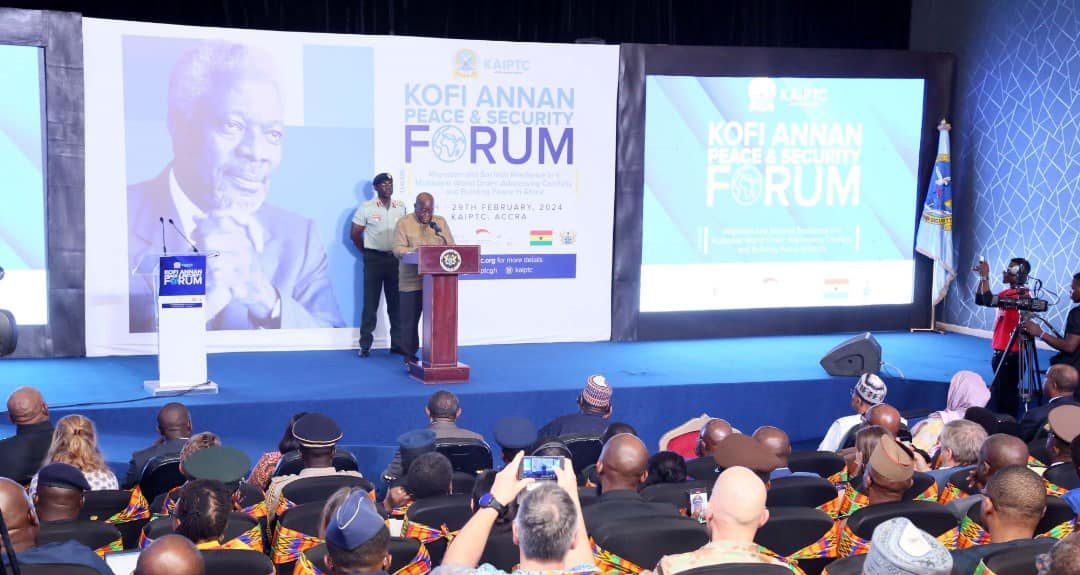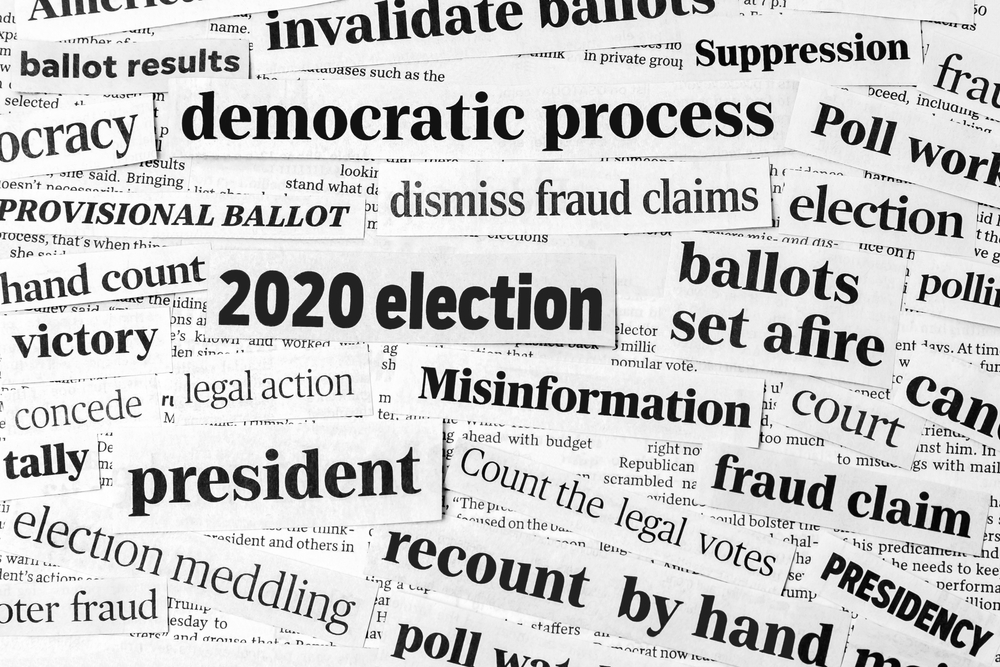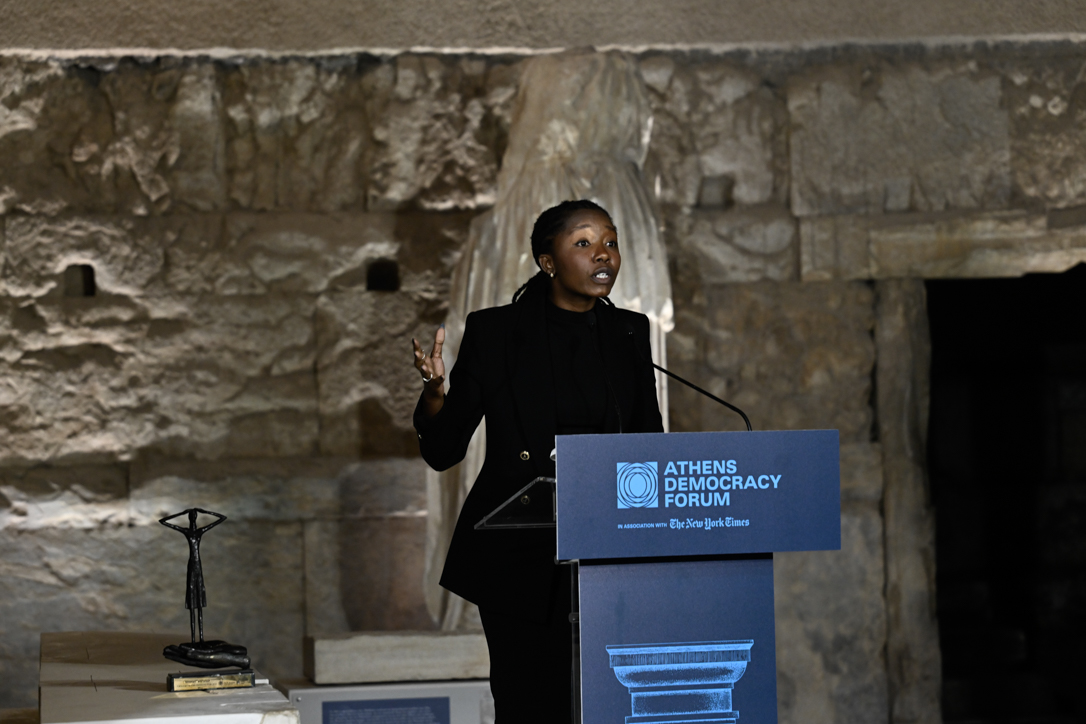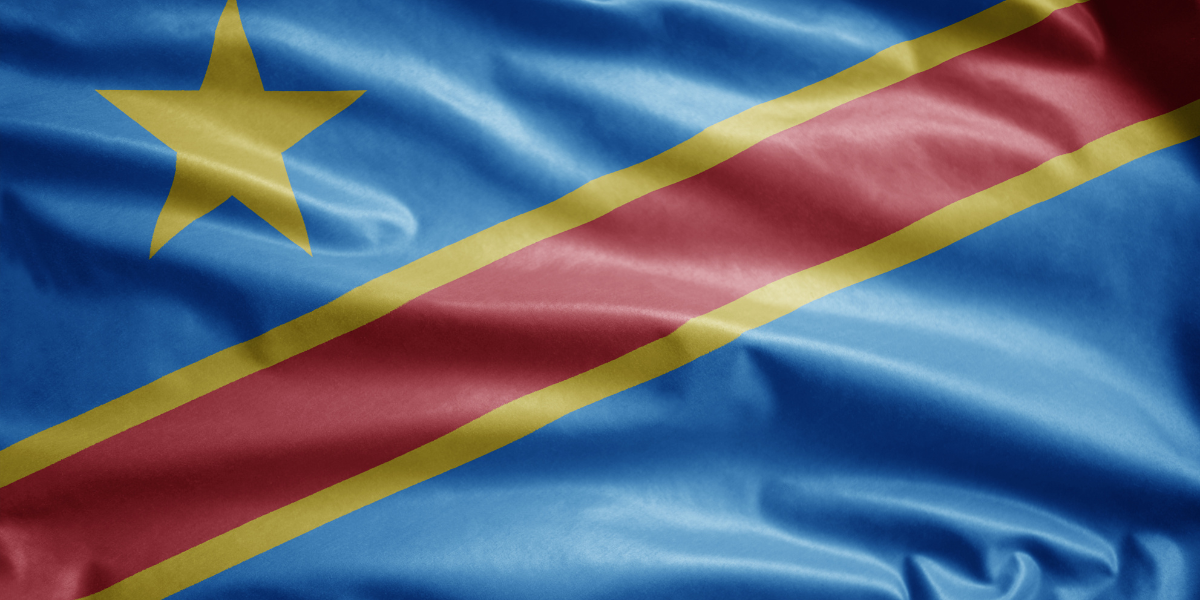Are elections giving democracy a bad name?
Kofi Annan delivered an introduction to a panel discussion at the Graduate Institute in Geneva. The panel united 3 former heads of government, a former foreign minister, all of whom are part of the foundations Electoral Integrity Initiative. The panel discussion was entitled: Are elections giving democracy a bad name? It can be viewed here.
Geneva, 3 May 2016
Ambassador Loretan, Members of the Panel, Ladies and Gentlemen, I am delighted to see you here this evening. This event has been made possible by the kind and generous assistance of the Club Diplomatique de Geneve and the Graduate Institute to whom I extend my sincere appreciation and thanks. The topic for discussion this evening is certainly one that should stimulate a vibrant debate. I say this because one of the most striking developments in the world since the end of the Cold War has been the near-universal spread of elections.
Democratic peace theory held out the hope that as all countries gradually democratised, there would be less international conflict as well as more domestic freedom and development. Was this a realistic expectation or overly simplistic ?
Even as elections have proliferated like never before, Freedom House estimates that 2015 marked the 10th consecutive year of decline in global freedom. Some talk of a “democratic recession”. These seemingly contradictory trends confirm that while elections are a necessary condition of democracy, they are not sufficient. Democracy also crucially depends on freedoms of conscience, expression and assembly, checks and balances on executive power and the rule of law.
We must recognize too the growing and sometimes pernicious influence of money and special interests in elections, even in well-established and seemingly stable democracies. Too much money in elections hollows out democracy. This is a part of the story of the rise of anti-establishment populists in the United States and Europe, who are noisily competing in elections while undermining the legitimacy of their political systems. And, of course, there is the question of the increasing gap between the rich and the poor. And here in Europe, the movement of people – refugees and migrants – which some see as a threat, and reject any sense of solidarity, empathy or comprehension, not to mention legal or moral obligations.
This raises the question of why regimes that ride roughshod on political liberties go through these processes, even though they and their electorates often know the outcome in advance. Leaders have understood that democracy is a universal aspiration.
People will continue demanding a say in how they are governed and by whom.
As Amartya Sen has pointed out, elements of democracy have existed in many civilisations throughout history. From Tiananmen Square to Tunis and Ouagadougou, millions of people around the world have risked their lives to demand more democracy. These examples are confirmed by the Pew Global Attitudes Survey, which finds that an overwhelming majority of the world’s population values democracy, and specifically “honest elections”. That is because elections remain the most potent symbol of democracy and its key mechanism for peacefully arbitrating political rivalries and competing policy programmes.
Elections are the only means of ensuring the peaceful and democratic rotation of leaders. Elections are also crucial for conferring legitimacy on rulers, which is why governments who would rig elections to stay in power are often winning Pyrrhic victories. Without legitimate elections, victory is only defeat delayed. In some recent cases, street demonstrations have led to changes of government, but is this is viable and acceptable alternative for long-term democratic development and stability?
So elections remain as essential as ever. Rather than look for alternatives, we have to make sure they are credible and legitimate so that societies may reap the full benefits genuine democracy affords. That is why I chose to act on one of the recommendations articulated in the report of the Global Commission on Elections, democracy and security, which I had chaired, and the Kofi Annan Foundation launched the Electoral Integrity Initiative, or EII.
The EII is essentially a network of statespersons, some of whom you see here on stage, as well as leading international electoral experts, who have agreed to use their resources and know-how to support credible and peaceful elections. We chalked up a major success last year in Nigeria and, with the help of my colleagues; I hope we will be able to play an equally constructive role in other parts of the world this year. Let me take this opportunity to thank them for their work, and especially those who have come to Geneva for our Spring meeting despite their hectic agendas. Ladies and Gentlemen. I believe that the success of democracy is crucial for the future of mankind, if we wish to live in peace in increasingly diverse societies.
So again, let me say how pleased I am to see you here and I hope that you will enjoy the discussion, which will be ably moderated by Thania Paffenholz, from the Graduate Institute.



